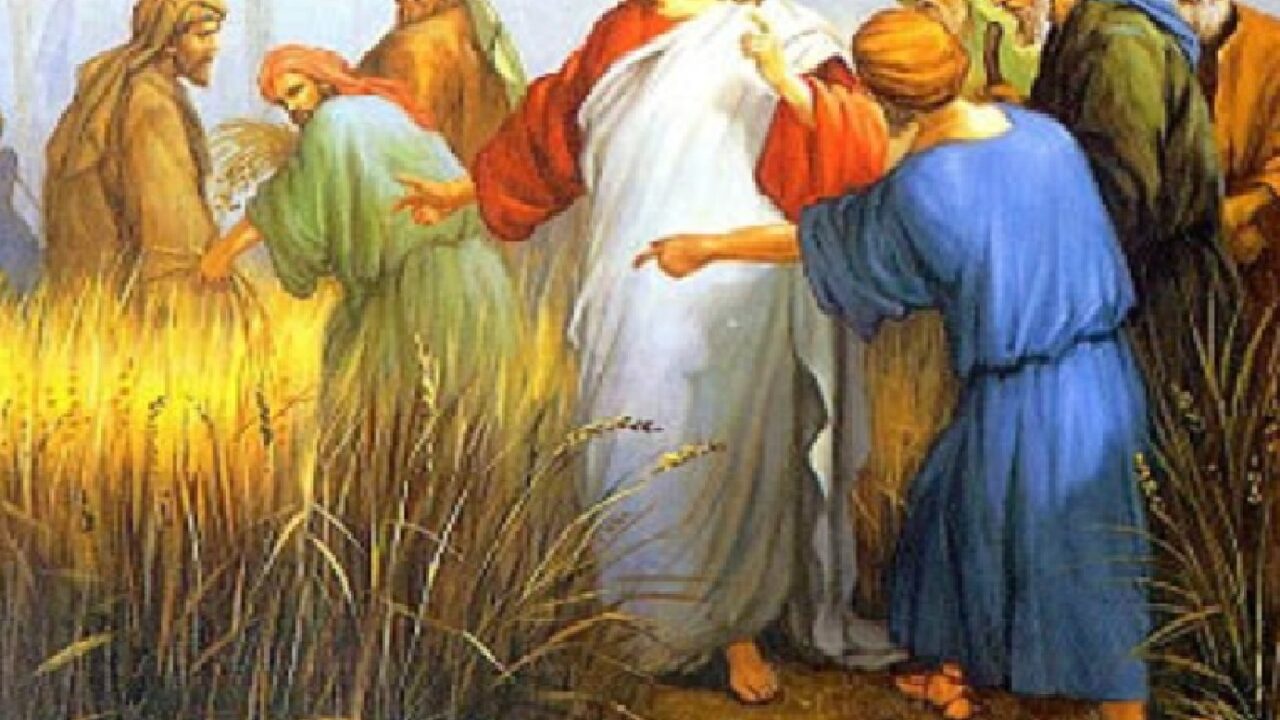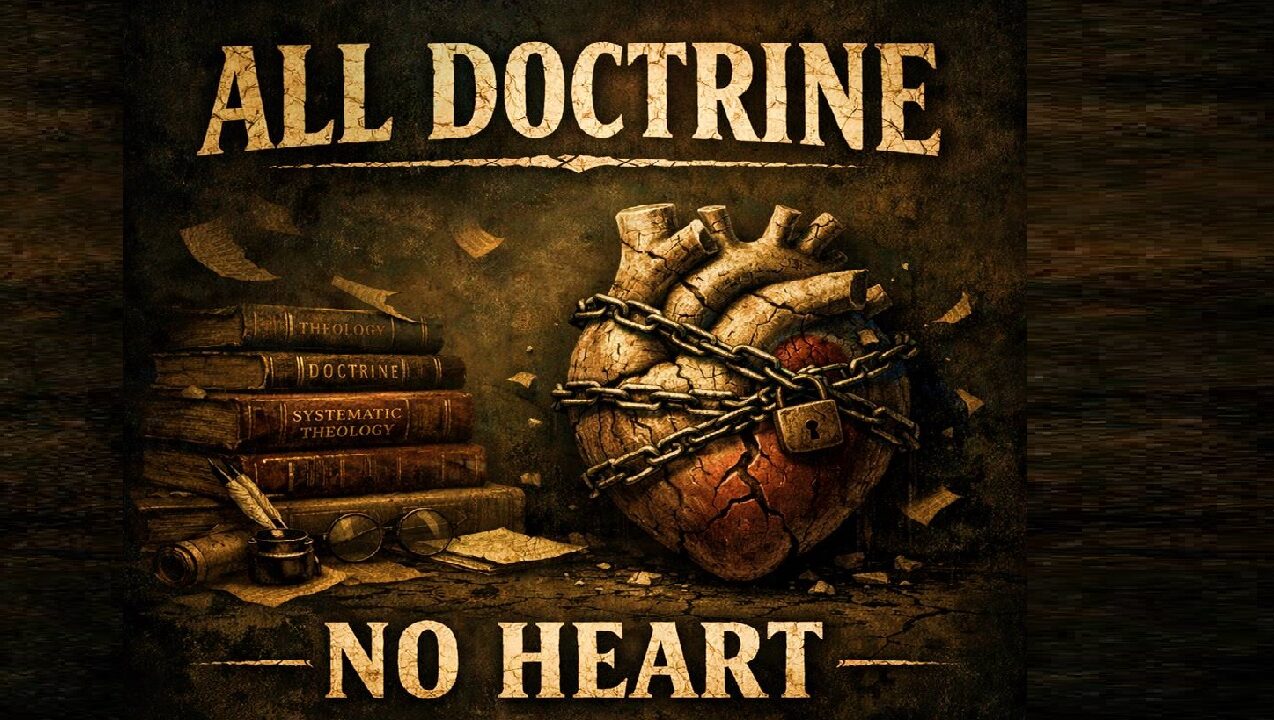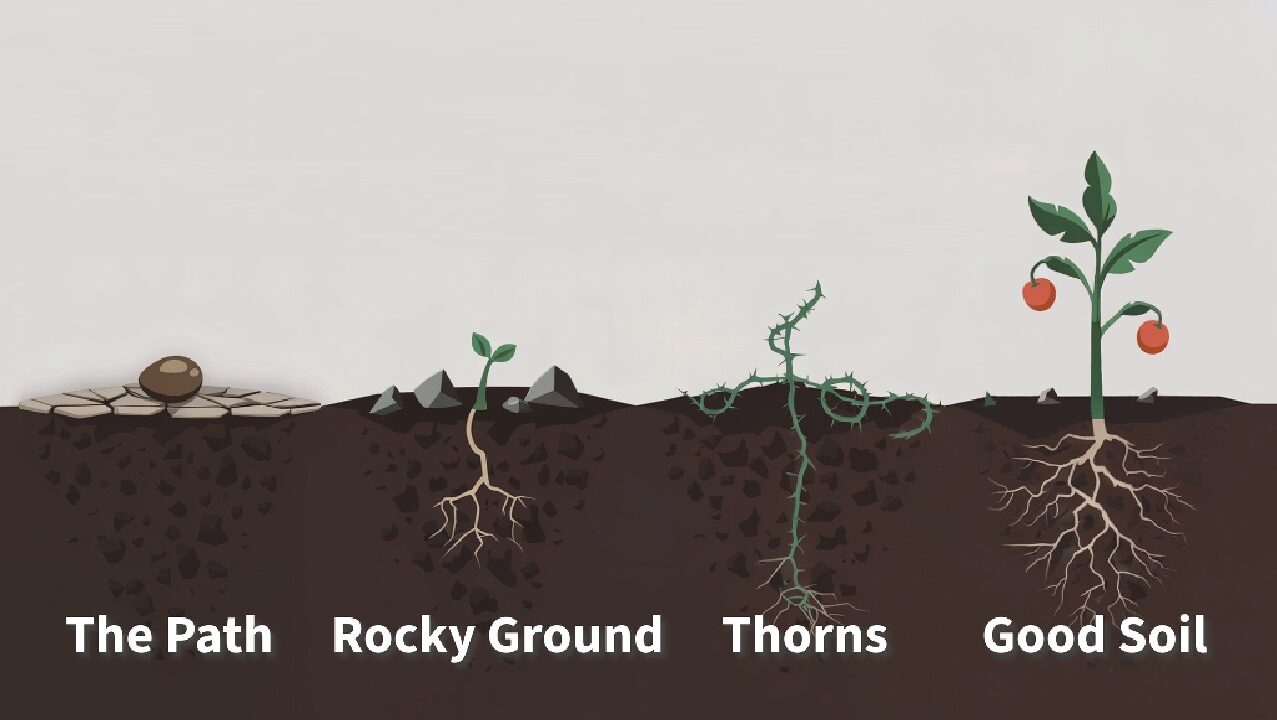In Luke 6:9 Jesus asked the scribes and Pharisees if the Law of Moses permitted you to do good or to do evil, to save life or to destroy it. And Mark 3:4 adds that they remained silent. Yet, ever since, most Christians answer by teaching that the Law of Moses did permit good works, like healing on the Sabbath. And that Jesus never really broke the Sabbath but only “human traditions” or later additions by Jewish scribes and Pharisees.
NASB MacArthur Study Bible on Luke 6.9
Good works were especially appropriate on the Sabbath–particularly deeds of charity, mercy, and worship. Works necessary for the preservation of life were also permitted.
Ryrie Study Bible on Luke 6.9
Not to heal on the Sabbath would have been to do evil and to destroy life. To heal, and therefore to do a good work, would be no violation of Sabbath laws.
But note that not one Old Testament reference is cited as evidence for these claims. So, to properly answer Jesus’ question we need to look back to the Old Covenant Sabbath Law and what God had originally required from the Jews.
- Ex 16:22-30, before Sinai and the 10 commandments: Tomorrow is a Sabbath rest, a holy Sabbath to the LORD. Bake what you will bake today.
- Ex 20:8-10, at Sinai, the giving of the 10 commandments: You must not do any work—you, your son or daughter, your male or female slave, your livestock, or the foreigner who is within your gates. Cp. Lev. 23:3; Deut 5.12-15 where the 10 are repeated.
Later prophets like Jeremiah 17:22, 24 and Nehemiah 13.19 add: You must not carry a load out of your houses on the Sabbath day or do any work.
The Rabbis confirmed this understanding by saying that carrying anything from one place to another is the last of 39 works forbidden (Mishnaic tractate Sabbath 7:2; carrying empty beds is implicitly forbidden in 10:5).
Furthermore, the importance of keeping the Sabbath was part of the identity marker of the covenant people of God, whether Jew or Gentile!
J.D.G. Dunn, Theology of Paul, p. 356.
Observance of the Sabbath became a touchstone of covenant identity and loyalty (Ex 31.12-17). Since the Sabbath was a sign of Israel’s set-apartness, failure to keep the Sabbath law was a capital offence. So, for example [in Isa 56.6-7] the mark of Gentile participation in the covenant would be keeping of the Sabbath.
The result of breaking the Sabbath can be seen by the punishment meted out in Numbers 15:32-36, BSB
32 While the Israelites were in the wilderness, a man was found gathering wood on the Sabbath day. 33 Those who found the man gathering wood brought him to Moses, Aaron, and the whole congregation, 34 and because it had not been declared what should be done to him, they placed him in custody. 35 And the LORD said to Moses, “The man must surely be put to death. The whole congregation is to stone him outside the camp.” 36 So the whole congregation took the man outside the camp and stoned him to death, as the LORD had commanded Moses.
The evidence shows that there is not one Old Testament reference Christians can point to where God authorized breaking the Sabbath for any reason, even “good” humanitarian works like healing. Instead, there is one clear and very scary evidence for what happened if any work was done on the Sabbath day. But only Jesus as the promised Jewish Messiah, 2nd Moses, had been given the unique authority to declare his followers lords of the Sabbath in Mar 2.27-28.
Only Jesus could declare, time and again, that human needs are now of greater value than Sabbath-keeping.
Only Jesus, as God’s only-procreated Son, could free both Jews and Gentiles from the unqualified, strict obligations of that Old Covenant Sabbath law.
And only Jesus could say that his followers “break the Sabbath and yet are innocent”! Mat 12.5
Theological Dictionary of the NT
In Mark 2.27 man and his needs are said to be of greater value than the commandment. The absolute obligation of the commandment is thus challenged…. The second saying in v. 28 goes much further: “The Son of man is Lord also of the sabbath.” The Christian community is confessing Jesus, the Son of Man, who as [lord Messiah] decides concerning the applying or transcending of the Sabbath. In His lordship Sabbath casuistry comes to an end.




